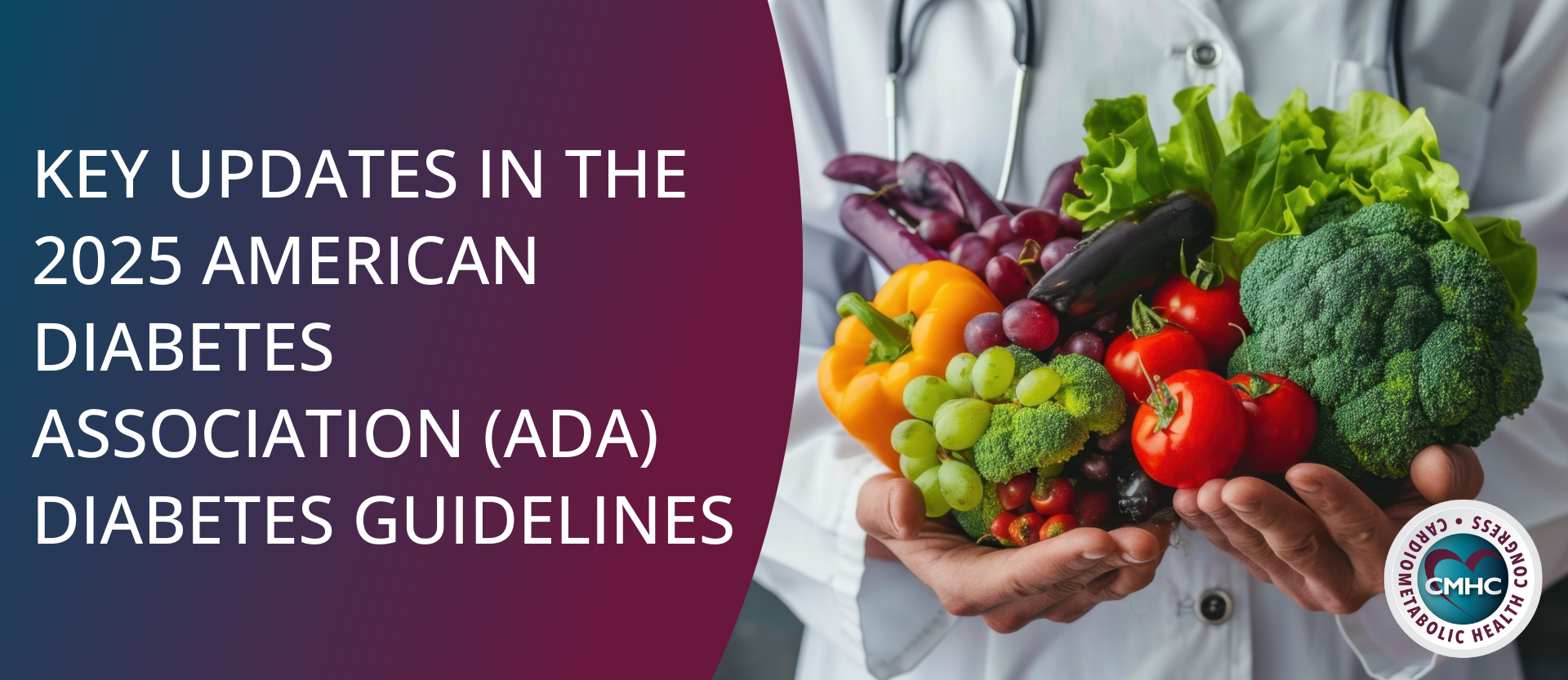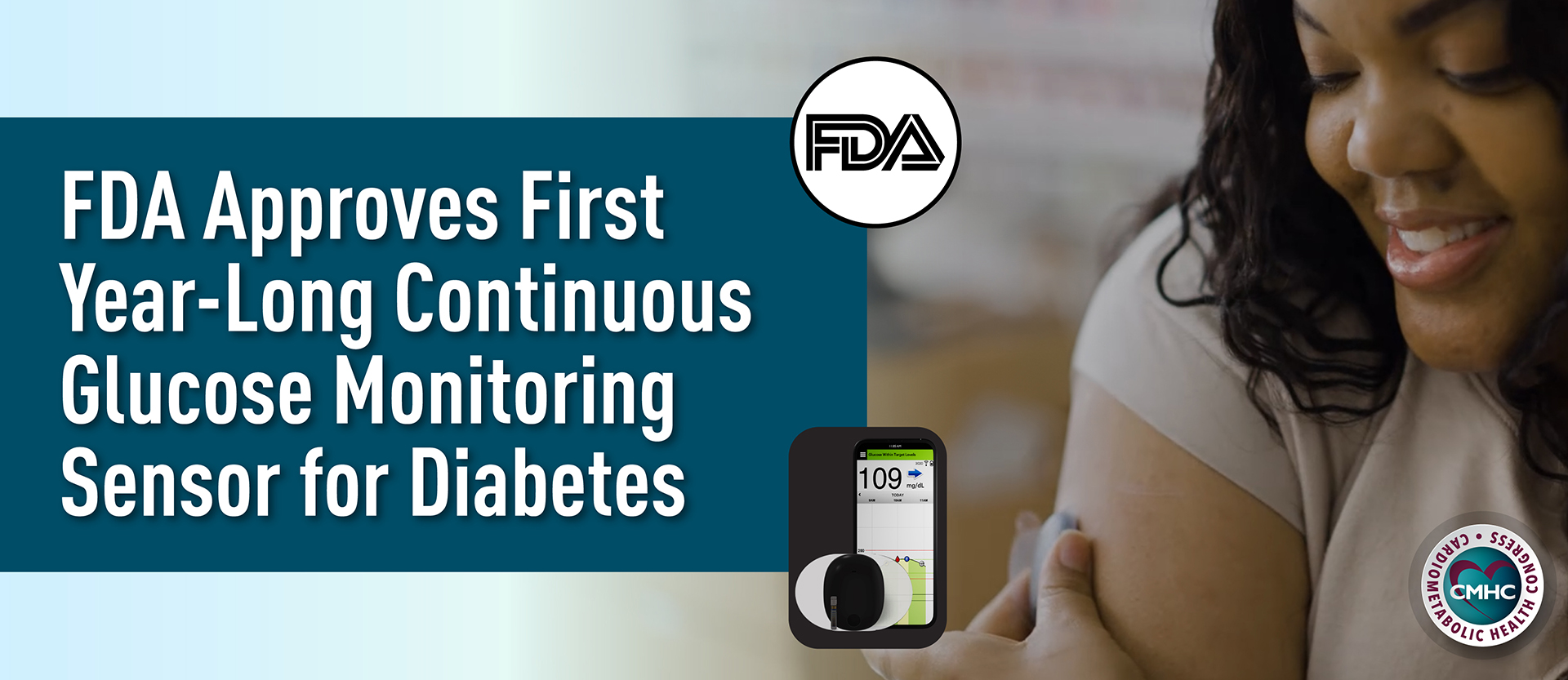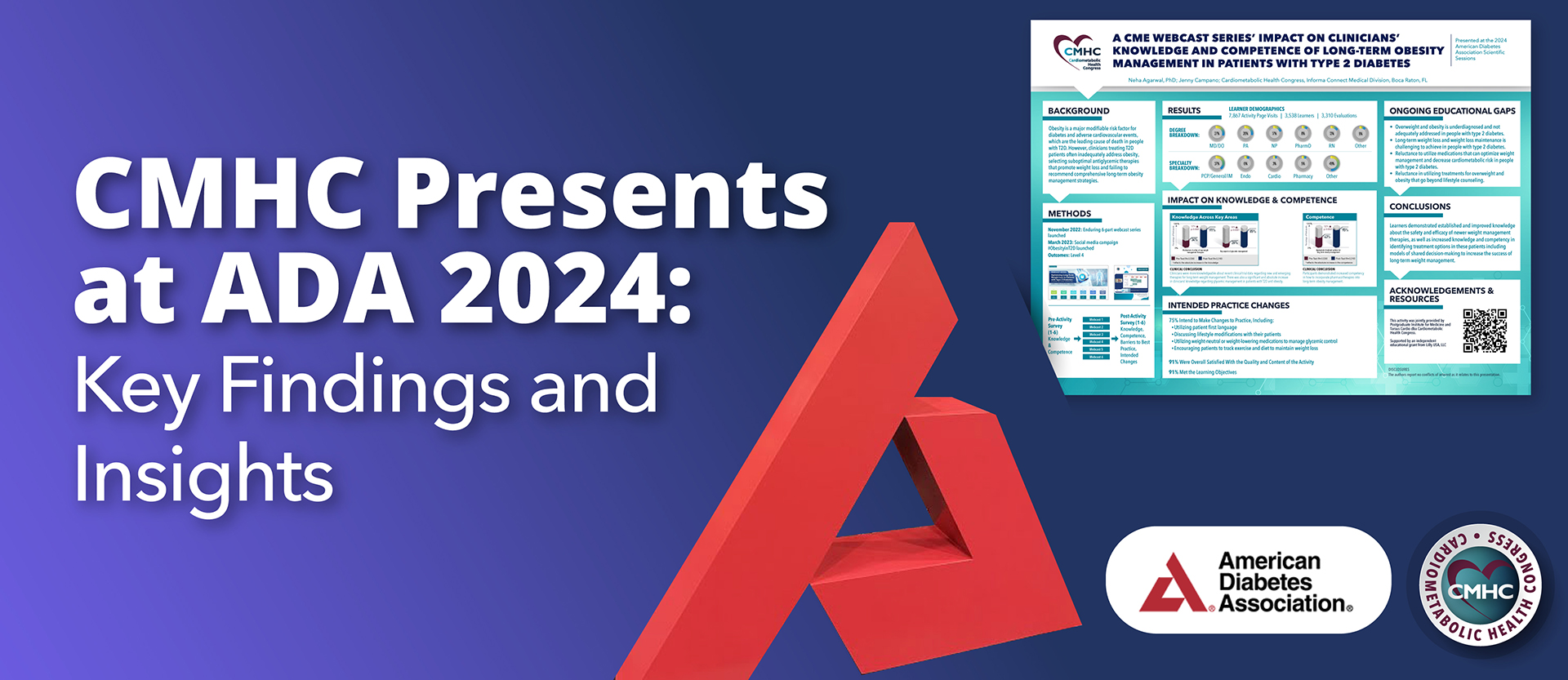In many cases, hypertriglyceridemia is multifactorial, resulting from a combination of genetic factors and other causes of increased triglyceride-rich lipoprotein production. It can also stem from a high calorie diet or uncontrolled diabetes – both risk factors affect a significant portion of the U.S. population today. Suffering from high triglyceride levels raises the risk of cardiometabolic conditions, including heart disease, stroke and diabetic neuropathy; it has also been linked to pancreatitis and fatty liver disease. Despite the known long-term complications, most cases of severe hypertriglyceridemia result from uncontrolled type 2 diabetes caused by a lack of routine monitoring after initial elevated triglyceride measurement.
An analysis of county-level health system data in Texas revealed the connection between uncontrolled diabetes and hypertriglyceridemia, as well as its incidence and the demographics of the affected population. According to findings published in the Journal of the Endocrine Society , severe hypertriglyceridemia, or at least one triglyceride reading above 2,000 mg/dL, was reported in 0.1% of the patient cohort, disproportionately affecting Hispanic adults.
Very Severe Hypertriglyceridemia in a Large U.S. County System
Conducted by Dr. Maria Esparza from the UT Southwestern Medical Center and colleagues, the study aimed to uncover the underlying etiologies and management procedures for adults with very severe hypertriglyceridemia. Researchers utilized electronic medical records data to assess all serum lipid measurements recorded in 2016 at Parkland Health and Hospital System in Dallas and identify patients with serum triglycerides over 2000 mg/dL. Chart reviews and data analysis of demographics, causes, lipid-lowering therapy, and follow-up strategies were performed to determine potential points of intervention in order to decrease hypertriglyceridemia prevalence.
Dr. Esparza and her colleagues filtered the database to include patients with very severe hypertriglyceridemia, for which they conducted a retrospective review of data on underlying causes, management procedures, and follow-up. Using logistic regression analysis, researchers predicted the risk of acute pancreatitis based on age, alcohol status, BMI, and triglyceride levels. From a total of 95,836 lipid measurements for 71,495 unique patients, 103 patients had serum triglyceride measurements of at least 2,000 mg/dL. Patients were overwhelmingly Hispanic, totaling 79% of the affected cohort. Most had uncontrolled diabetes (76%); hypertension was reported in 49% and obesity in 51% of patients.
Associated Conditions and Management
Of these, 60 patients with severe levels of elevated triglycerides were admitted to the hospital, among them 39 for acute pancreatitis. Additionally, many patients had overlapping conditions as a result of hypertriglyceridemia. The major associated conditions were uncontrolled diabetes (74%), heavy alcohol use (10%), medications (7%), and uncontrolled hypothyroidism (2%).
Researchers also discovered lapses in management of the condition, which contributed to the incidence of health complications. After high triglyceride measurements were noted, 70% of patients attended a follow-up visit however, physicians addressed the hypertriglyceridemia in only 50% of patients. Serum triglyceride levels were re-measured in only 18% of patients and 45% of patients were referred to a specialty lipid clinic – only one-third of those referred visited the clinic. Although the use of triglyceride lowering drugs increased after index measurement of hypertriglyceridemia, overall follow-up monitoring was proven inadequate.
The research shows the importance of identifying and treating patients with very severe hypertriglyceridemia in order to prevent acute pancreatitis alongside other long-term conditions and health complications. Future efforts need to focus on early detection of at-risk patients as well as the improvement of available management strategies and procedures for disproportionately affected minorities.








